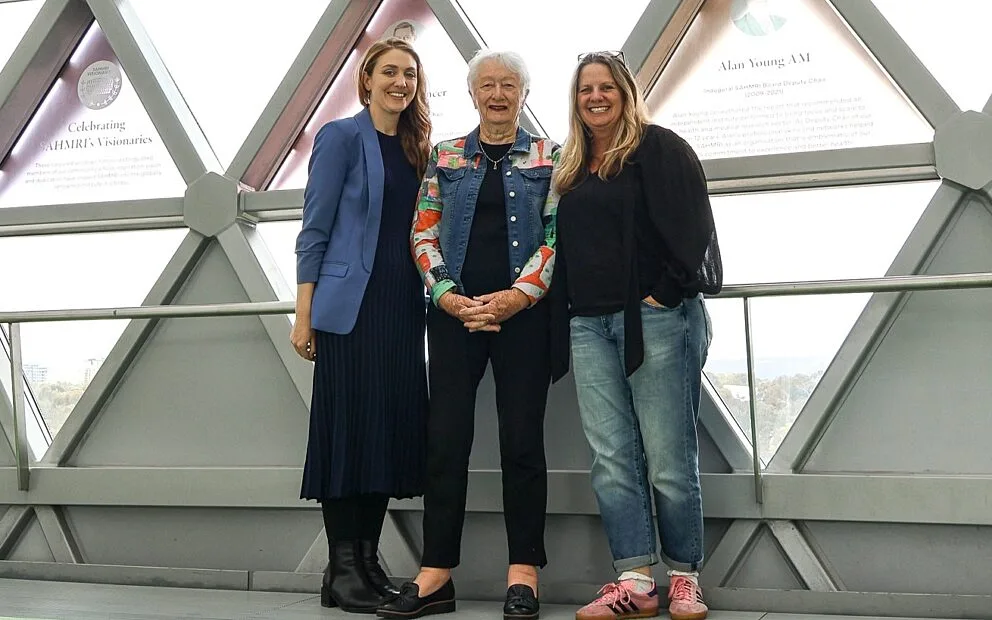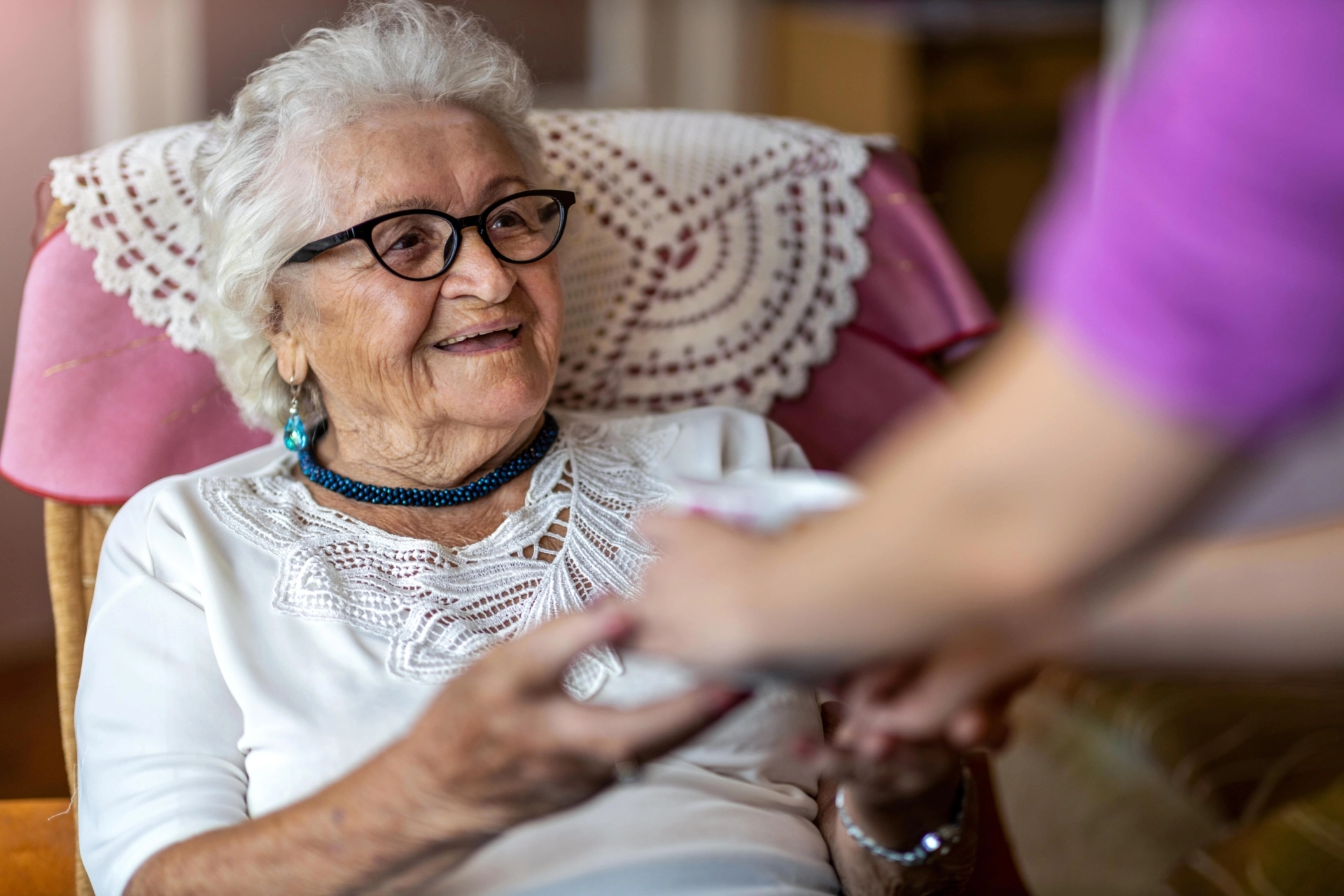The Registry of Senior Australians (ROSA) has a long, successful history of working in partnership with consumers, with consumer participation built into the core structure of operations from the beginning.
Examples of ROSA’s commitment includes its 12-member Consumer and Community Advisory Committee and the Early and Mid-Career Researcher (EMCR) Consumer Mentoring Program, both of which provide multiple opportunities for consumers to contribute to research design, priorities and translation. This approach ensures that lived experience forms part of every stage of research, so that it remains grounded in the realities of the people and communities it’s intended to benefit.
Marjorie Schulze has made a significant contribution to ROSA as a consumer participant and Co-Chair of ROSA’s Consumer and Community Advisory Committee for almost a decade.
What’s your background with ROSA?
I got involved with ROSA in 2017, after responding to an expression of interest in The Advertiser. I already had many years of volunteer experience in governance. I’d been involved with a major aged care provider, worked in local government, chaired a disability not-for-profit and served on a private hospital board. My background has always been grounded in governance, particularly in aged care.
I first became a consumer participant during the establishment phase of ROSA when expressions of interest were invited from the consumer community. When ROSA transitioned into its operational phase in 2020, the current Consumer and Community Advisory Committee was reestablished, and I’ve continued as part of that group ever since.
Why are you involved with the consumer group?
I believe the consumer voice is essential. Too often it goes it goes unheard and that needs to change. Consumers are the end users, so they must be included when strategies and policies are being shaped. I also have a wide community network, so I feel I can bring a broad range of lived experiences into the work. ROSA’s strong commitment to consumer collaboration is a major reason I choose to stay engaged.
How do you contribute to ROSA’s research?
The consumer group brings many ideas and perspectives. Our meetings are full of suggestions that influence research priorities and practical improvements that benefit the ongoing work of ROSA. I’ve seen many of these ideas turn into research projects that are already producing positive outcomes and beginning to inform policy in both government and provider settings.
My involvement has also helped me understand how valuable ROSA is as a research tool. The database and repository are powerful resources, and now that I understand how they are used, I feel I can contribute in a more informed and meaningful way.
Members of the Consumer and Community Advisory Committee have the option to participate in the EMRC mentoring program as well, where we’re paired with researchers and PhD students. This creates a close working relationship that helps ensure the consumer perspective is built directly into research as it develops, training our next generation to understand the power and importance of consumer collaboration in research.





